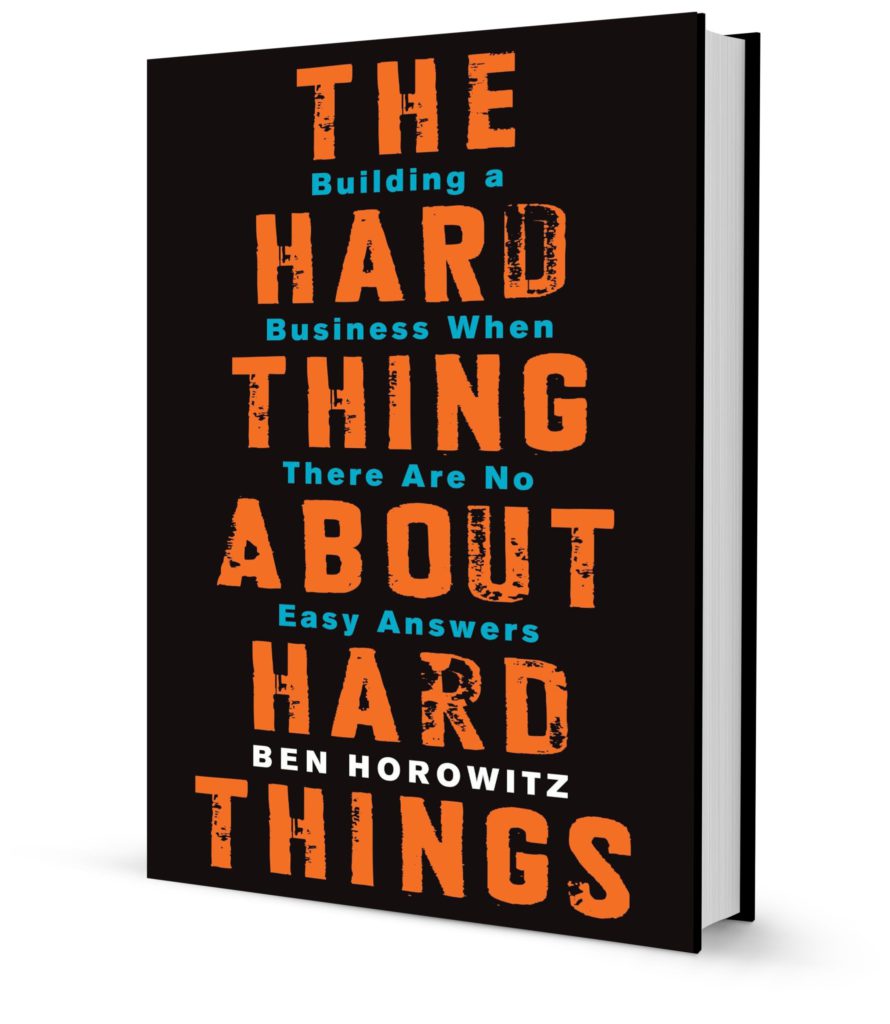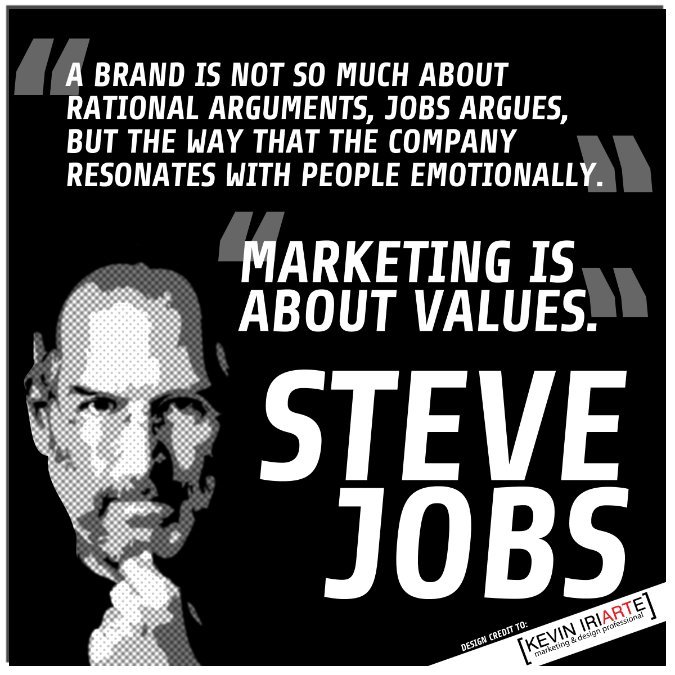
Always think Attack – what does self-defense have to do with management
The purpose of the book was to help create better managers that keep the focus on their customers, employees and shareholders. We were not advocating dirty tricks for managers, but on the contrary, using the principles of self-defense to protect companies against disruptive forces.
Purpose of a fight: survive
Self-defense is all about self-preservation. This means avoiding to fight if possible, but but be extremely effective if you cannot avoid the fight. Projecting this on your company, the goal is self-preservation in the long term, which usually means thinking of what is best to both your customers and shareholders. But at the same time be prepared to take immediate action to ensure the survival of your company.
Avoiding the fight – be aware of your environment
In self-defense we call this the pre-fight situation, where you can still get away without having to resort to violence or being attacked. This is broken down into avoidance (don’t get into the fight) and control (stop a situation from escalating, or defuse it). Because once you do get into a fight, you may not escape unharmed either. So the key here is to be alert, and scan for threats around you. This crosses over well into the corporate world, where you need to be on the lookout for potential threats to your company. Those threats can be competitors but also market forces at work that may in the long run totally disrupt your business. Look out for the small signals that can lead to big changes!
Winning = execution
“Winning” in the case of self-defense means that your attacker is not willing or able to continue. This can be through being “broken” either physically or mentally. To be able to win, you will need focus and impact. A near miss is still a miss. Winning means reaching the goals you set, and not letting your ego or emotions get the better of you. In practice, this may mean running like hell if you are attached by a huge group of attackers, because it is in line with your long term goal of survival without being injured.
In the business world, you will need an actual growth state of mind, and the real implementation of the strategy and ideas, because if something isn’t implemented, it’s all wasted effort. A strategy can be for example deciding to not enter a certain market because it is a red ocean for you. But once you do commit your company, don’t do it halfheartedly.
You cannot fool human intuition
Listening to your intuition is important both on the street and in the office. It’s usually your brain or subsconcious mind trying to tell you something that you have not yet consciously realised. So if you have a nagging feeling about a competitor or new product, take a good hard look at them, because there are subtle signs of an imminent danger that you may have missed.
Stay flexible
“If you have a hammer, everything looks like a nail” is a trap that people can fall into. In self-defense, if your strategy or tactics don’t work, change them rapidly before you get in more trouble than you already are. The same goes for corporate life. Don’t hang on to your strategic long range plan if the ground starts to shift beneath you but be ready to shift into a totally new direction.
You can order the book in Dutch on the site of 4F (link here).






Recent Comments